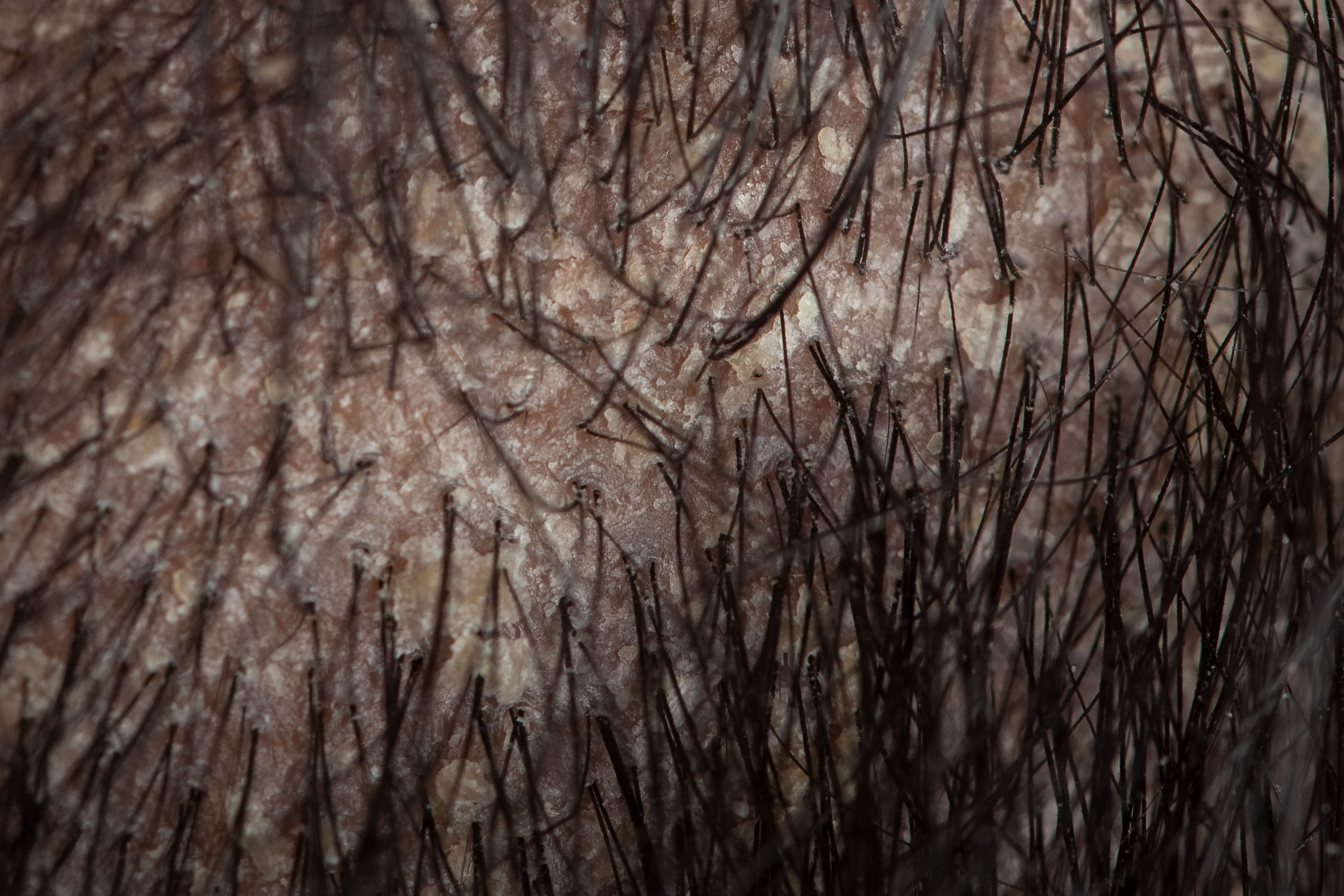In a cohort of 20 patients with symptoms of seborrheic dermatitis, botulinum toxin injections decreased seborrheic dermatitis criteria scores but lacked significant effects 1 month after treatment, according to a recent study.1
The prospective, single-arm clinical trial, published in Skin Research and Technology, explored the efficacy of botulinum toxin in seborrheic dermatitis. Researchers Bazargan et al noted that within the literature, there is an abundance of evidence suggesting the role of botulinum toxin in reducing sebaceous gland activity. They also noted that there have been contradictory hypotheses on the treatment’s efficacy in this indication, an issue exacerbated by a lack of studies exploring the relationship between seborrheic dermatitis, botulinum toxin, and improvement or exacerbation of symptoms.
Participants (n=20) were all patients who had been referred to a dermatology clinic. Between March 2019 and March 2021, participants received botulinum toxin injections for simultaneous facial wrinkles and either scalp or facial seborrheic dermatitis. Patients undergoing any additional treatment for seborrheic dermatitis or who were lost to follow up were excluded from the results of this study.
Key Takeaways
- A recent study explored the use of botulinum toxin injections for seborrheic dermatitis symptoms in a cohort of 20 patients.
- The study found that while there were decreases in seborrheic dermatitis criteria scores, the effects were not statistically significant one month after treatment.
- Researchers highlighted the need for standardized injection techniques and toxin types in future research to better assess the potential benefits of botulinum toxin for seborrheic dermatitis.
At the initial patient visit, researchers evaluated seborrheic dermatitis severity by measure of skin erythema, scaling and skin sebum in the scalp or face, and extent of lesions, either using a Likert scale or the Seborrheic Dermatitis scoring criteria Area and Severity Index (SDASI). Final severity was calculated by multiplying the scores of each.
Patients were treated with 150 units of botulinum toxin type A. Injections were performed in facial muscles in the forehead, between the eyebrows, around the eyes, or in the scalp, depending on localization of lesions.
Researchers then evaluated seborrheic dermatitis severity 1 month after patients underwent treatment. From baseline to follow up, skin erythema scores among patients receiving injections in the scalp decreased. Likewise, scores of skin sebum, scaling, and extent of lesions decreased. Overall severity of seborrheic dermatitis decreased from 7.70(±7.15) to 6.60(±6.76) in this treatment population.
In patients treated with injections in the facial skin, erythema, skin sebum, scaling, and extent of lesions all had decreased from baseline to follow-up, with the overall severity of seborrheic dermatitis decreasing from 4.05(±4.55) to 3.45(±4.55).
Despite these decreases across all measures and treatment locations, p values associated with each evaluation lacked statistical significance.
“Most previous studies have evaluated the effect of botulinum toxin, emphasizing the reduction of sebum production by the sebaceous glands after the action of botulinum toxin,” wrote study authors. “This result is not consistent with the results of the discussed studies. The quantity and nature of the investigated population, including the number of investigated patients, the average age and dominant gender of the patients, were not much different in our study and other discussed studies. ...the symptoms were associated with a slight reduction, which was not statistically significant. Therefore, in addition to correcting the follow-up intervals, paying attention to the standardization of the injection technique and the type of toxin used can be one of the requirements for the design of future researches.”
Reference
- Bazargan AS, Tabavar A, Roohaninasab M, et al. Evaluation of the effect of botulinum toxin injection in aggravating or improving seborrheic dermatitis symptoms: A prospective, single‐arm clinical trial. Skin Res Technol. 2023;29(10). doi:10.1111/srt.13478
















